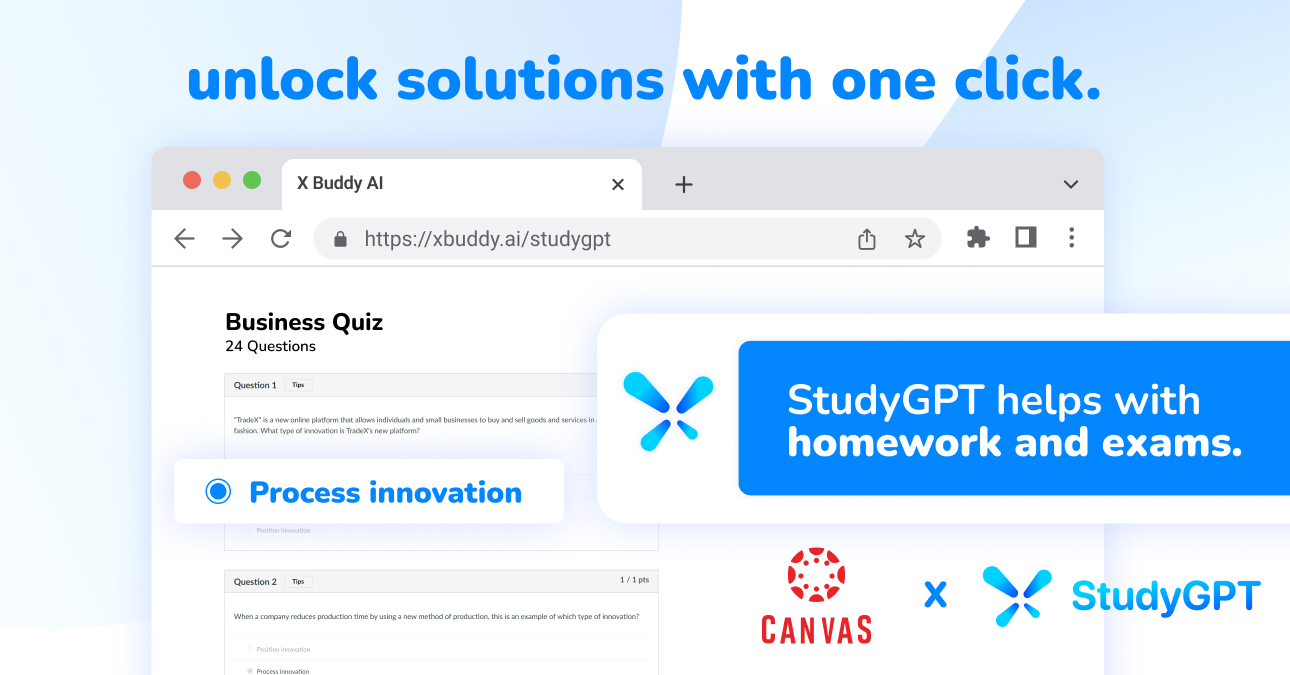In the digital age, where information overload is the norm and distractions are constant, having a good recall is a valuable tool. A powerful memory can greatly benefit your professional and personal life, whether it's recalling vital data for a presentation or remembering the name of someone you just met. Fortunately, advances in artificial intelligence (AI) have opened up a new world of possibilities for memory enhancement. AI solutions, from tailored learning platforms to novel memory enhancement apps, are changing the way we sharpen our cognitive abilities.

Understanding Memory and Its Challenges
Before getting into the role of AI in memory improvement, it's critical to understand how memory works and the difficulties people frequently experience when recalling information. Memory is a complex cognitive process that involves the encoding, storage, and retrieval of data. However, age, stress, lack of sleep, and information overload can all have a negative impact on memory performance.
Personalized Learning with AI
One of the most important contributions of AI to memory development is individualized learning platforms. These systems use machine learning algorithms to personalize learning content based on the user's choices, pace, and skill level. By evaluating user behavior and performance data, AI systems may pinpoint areas of weakness and adapt learning materials to fill specific memory gaps.
For example, services such as Duolingo and Babbel use AI algorithms to personalize language learning experiences for their users. These platforms monitor individual development, identify difficult topics, and offer focused workouts to improve memory retention. Similarly, educational programs such as Khan Academy and Coursera provide tailored learning routes in a variety of areas, allowing users to maximize study time and improve information retention.
StudyGPT can help you improve your memory in several ways:
1. Repetition: StudyGPT can provide you with information repeatedly, which is a proven method to enhance memory. You can ask it to remind you of certain facts or concepts at regular intervals.
2. Quizzes: You can ask StudyGPT to generate quizzes for you. This active recall method is very effective in improving memory.
3. Explanation: StudyGPT can explain complex concepts in simple terms, making them easier to understand and remember.
4. Summarization: It can summarize lengthy texts, helping you to remember key points.
5. Personalized Learning: StudyGPT can adapt to your learning style, making the learning process more efficient and memorable.
6. Multimodal Learning: It can provide information in different formats (text, visuals, etc.), catering to your preferred learning style and aiding memory.
7. Contextual Learning: It can provide real-life examples and applications of concepts, which can help you remember them better.

Remember, while StudyGPT can assist in your learning, it's also important to maintain good study habits, like regular study sessions, adequate sleep, and a healthy diet, to improve memory and learning.
Memory Enhancement Apps
In addition to individualized learning platforms, there are numerous memory enhancement apps powered by AI that address specific memory-related difficulties. These apps use scientifically proven strategies like spaced repetition, mnemonics, and brain training activities to improve memory function.
A great example is Anki, a popular flashcard program that uses spaced repetition algorithms to help users remember information more successfully. The program dynamically schedules review sessions based on the forgetting curve, ensuring that users revisit content at the best times to reinforce memory retention.
Elevate, another revolutionary memory development app, provides a variety of brain training activities aimed at improving cognitive skills such as memory, focus, and processing speed. The app's adaptive algorithms alter game difficulty based on user performance, creating a demanding but rewarding memory enhancement experience.

Virtual Memory Coaches
Imagine having a virtual memory coach that walks you through specific memory training activities and provides real-time feedback on your performance. This goal is being realized through AI-powered virtual assistants that provide individualized memory coaching and support.
MemoCoach, for example, is an AI-powered virtual assistant that uses individualized training programs to help people enhance their memory skills. The assistant analyzes user activity, monitors memory performance parameters, and makes personalized recommendations to improve memory retention. MemoCoach provides individualized tactics and exercises to help people remember key dates, names, and to-do lists.

Ethical Considerations and Future Directions
While AI tools have enormous potential for memory development, ethical concerns about data privacy, prejudice, and algorithmic transparency must be addressed. As AI advances, guaranteeing equitable access to memory-enhancing techniques and encouraging responsible AI development will be critical.
In the future, combining AI with new technologies like augmented reality (AR) and brain-computer interfaces (BCIs) has the potential to improve memory capacities even more. By smoothly incorporating AI into everyday situations, we can create new opportunities for memory mastery and cognitive empowerment.
To summarize, AI tools are transforming the way we approach memory development by providing individualized learning experiences, new memory enhancement apps, virtual memory coaches, cognitive enhancement devices, and more. Individuals can unleash their full cognitive potential and embark on a road to memory mastery in the digital age by leveraging the power of AI.